What We Offer
Our highly qualified team provide a range of services to help keep your pet healthy and happy.
Scroll down to find out more.
Emergency care
We run our own e-vets out of hours service from our hospital, and have team members who hold certificates in emergency and critical care.
Consultations and nurse clinics
For routine check-ups or advice on parasites, weight management, grooming, behaviour and more, book an appointment with our team.
Inpatient and hospital care
Our fully equipped hospital site is open 24 hours a day, meaning inpatients can receive round-the-clock support and monitoring.
Orthopaedic and soft tissue surgery
We have team members with certificates in orthopaedic and soft tissue surgery, and we have modern and safe general anaesthetic protocols.
Ophthalmology
We have a certificate holder in ophthalmology in our team, and can treat a wide range of eye conditions.
Diagnostics
We have an in-house laboratory and ultrasound, cytology, endoscopy x-ray facilities onsite, allowing for prompt and accurate diagnoses.
Acupuncture and pain assessment clinics
Acupuncture, physiotherapy and managed exercise can be used as part of your pet’s pain management plan.
Behaviour and training advice
We’re experienced in managing behavioural and training issues and have adopted cat friendly principles across our sites.
Referrals
We’re always happy to see referrals from other local practices. To learn more or refer a patient to us, please get in touch.
Home visits
By prior arrangement, we are able to offer home visits for certain cases, by prior arrangement. Please get in touch to learn more.
Essential services
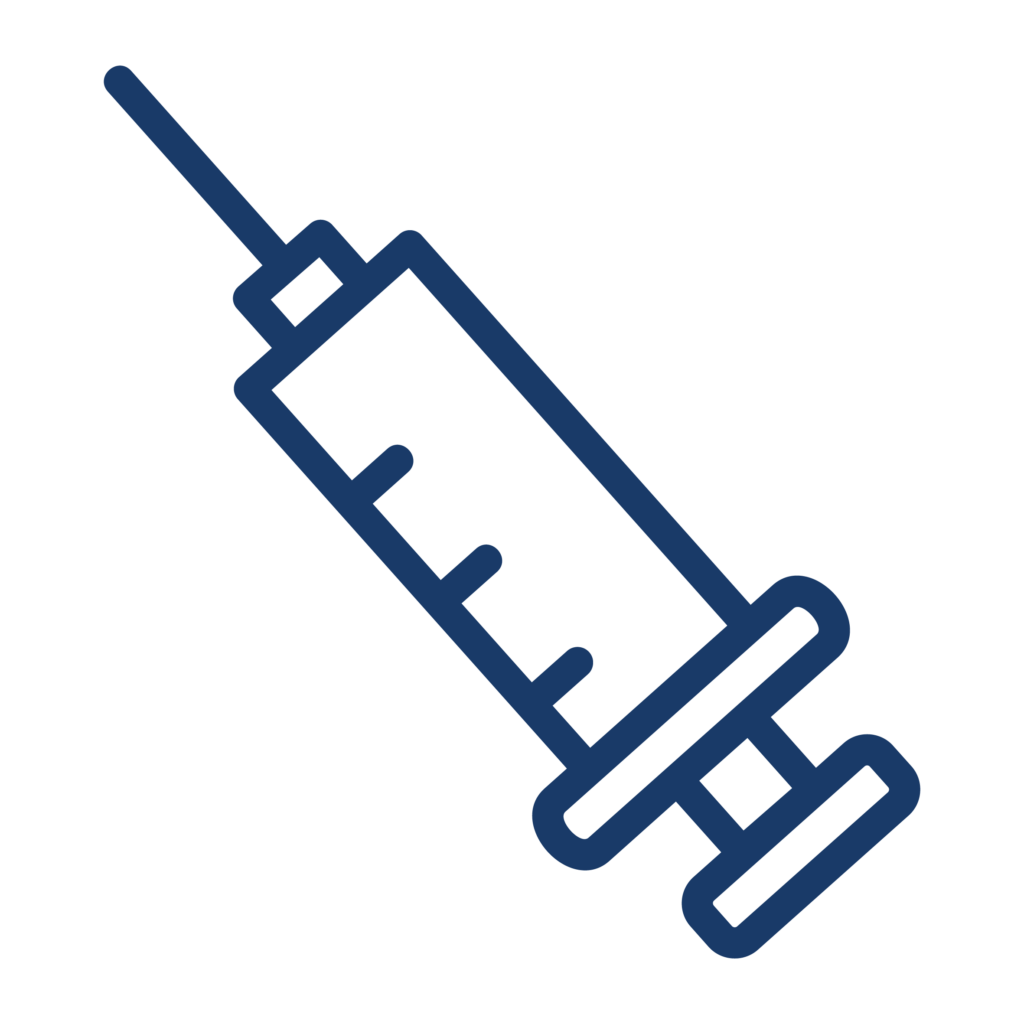
Vaccinations
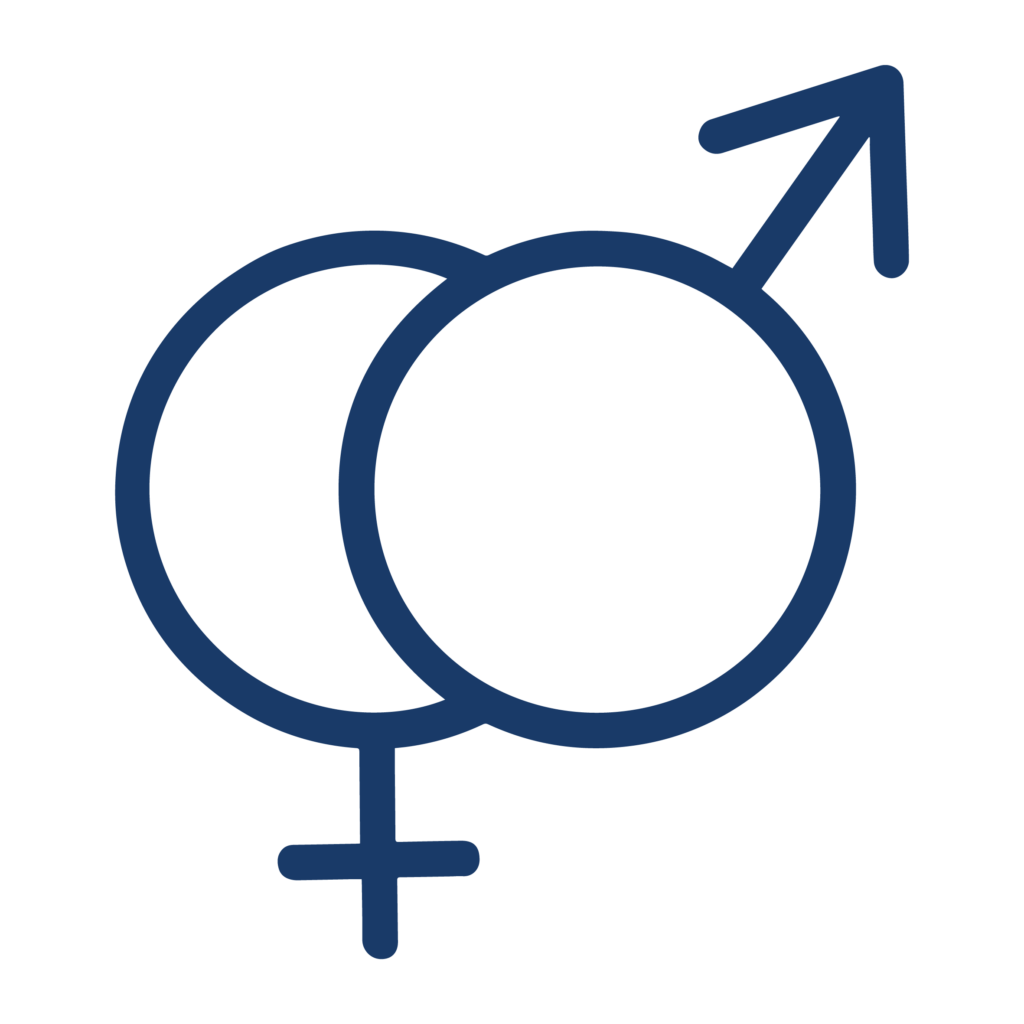
Neutering
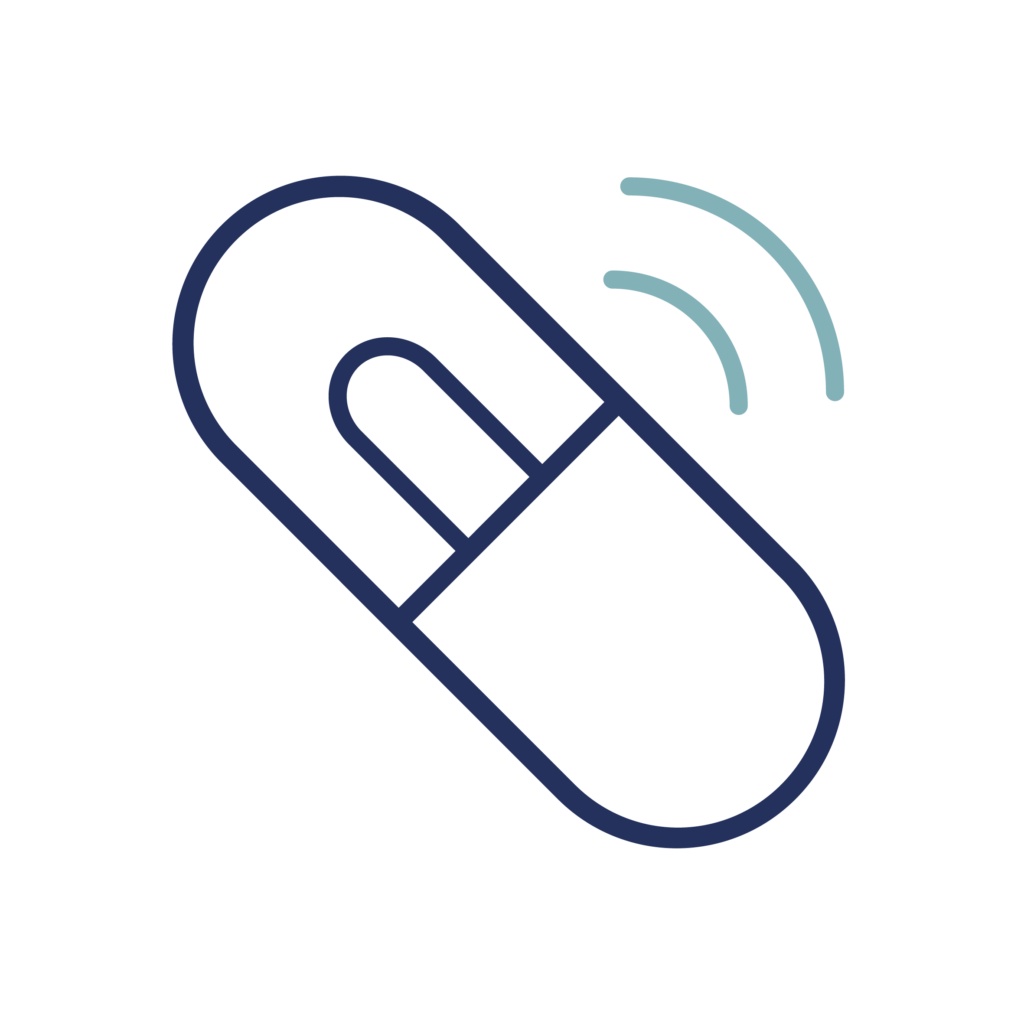
Microchipping
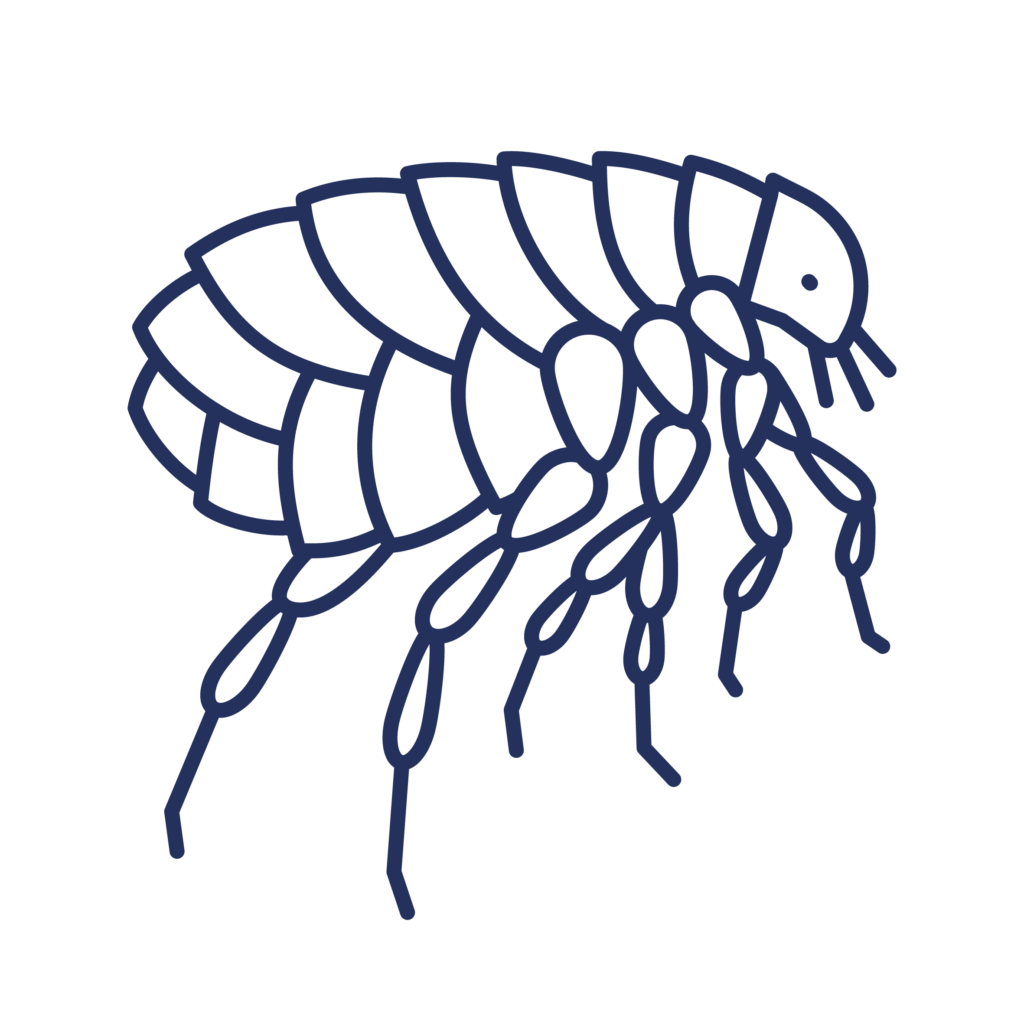
Flea, tick and worm treatments
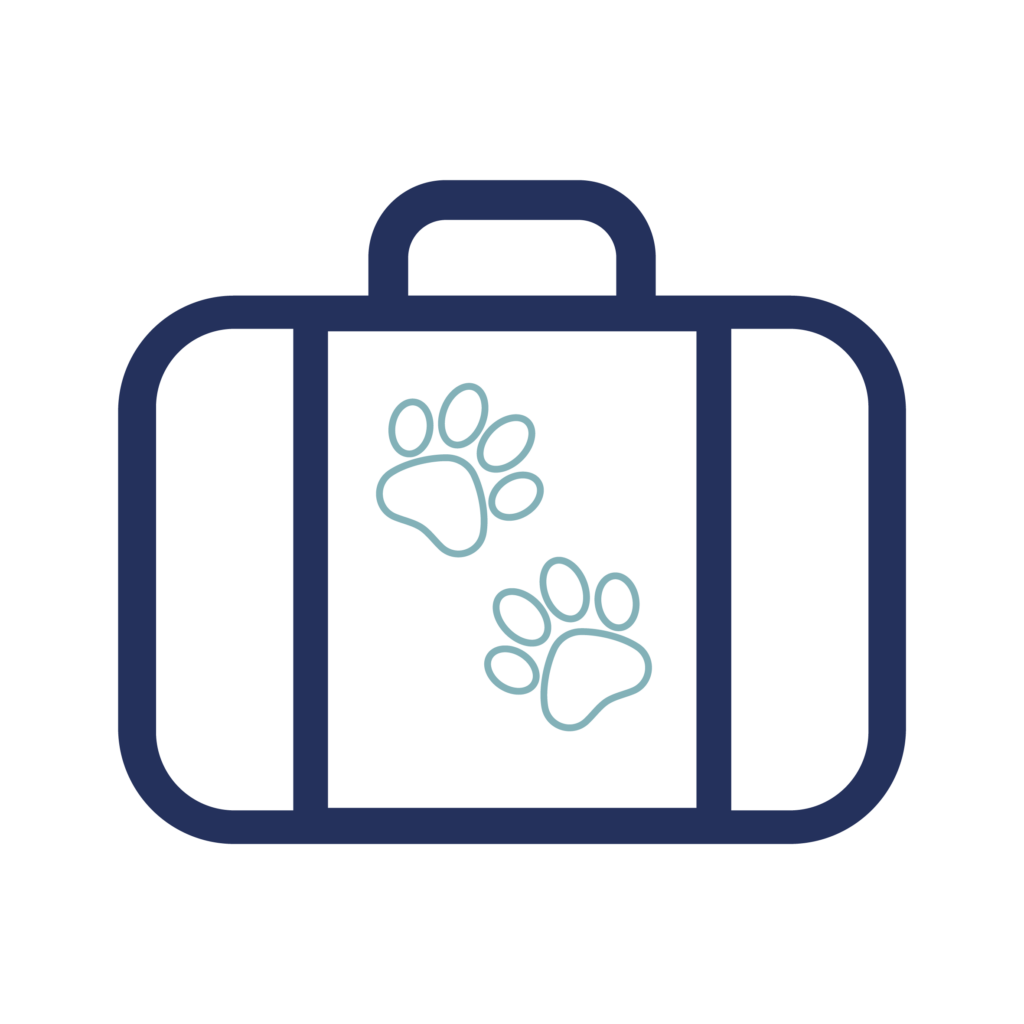
Pet Travel
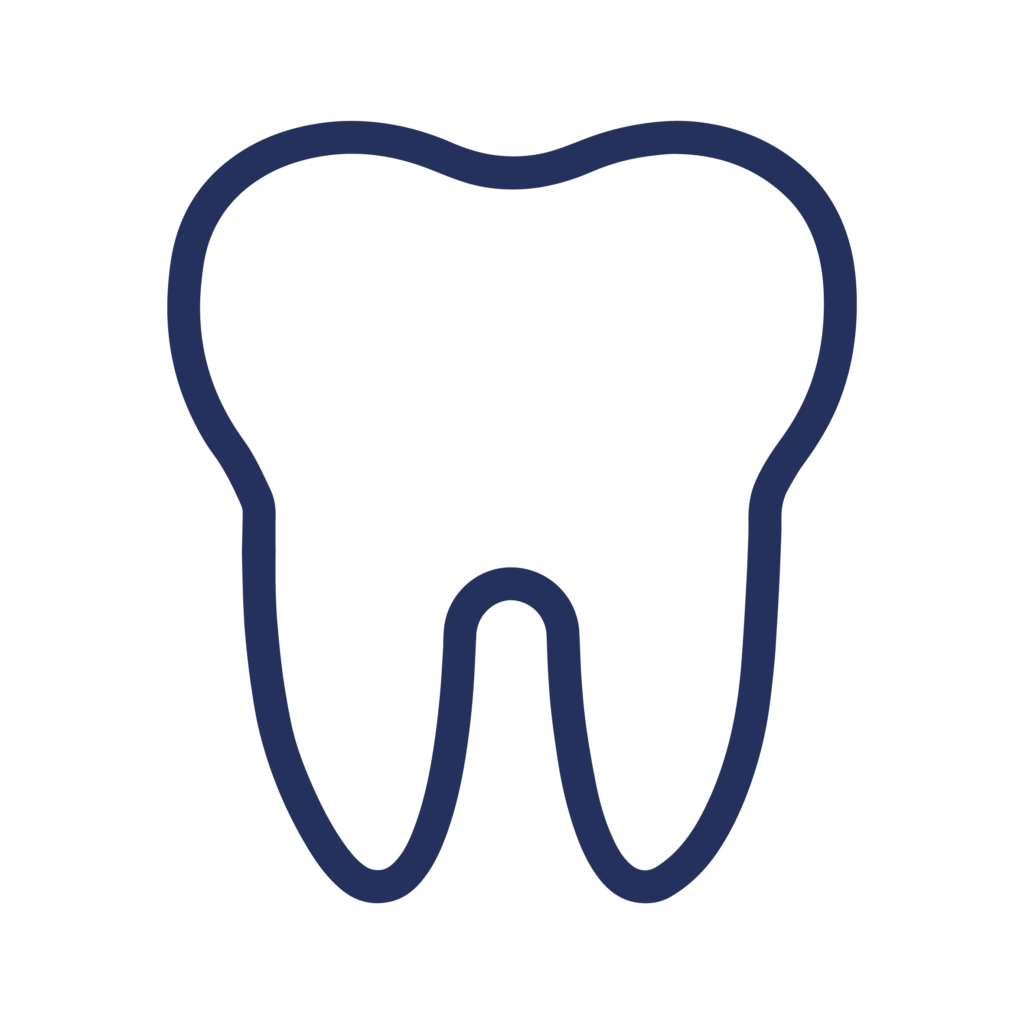
Dental Care

End of Life
We’re proud to be part of the VetPartners veterinary group, our respected, like-minded network of vets and vet nurses from around the country.
We’ve put together some information on all the key services that are important for your pet’s health.
Click here to read more and get advice on keeping your pet healthy throughout their lifetime.
